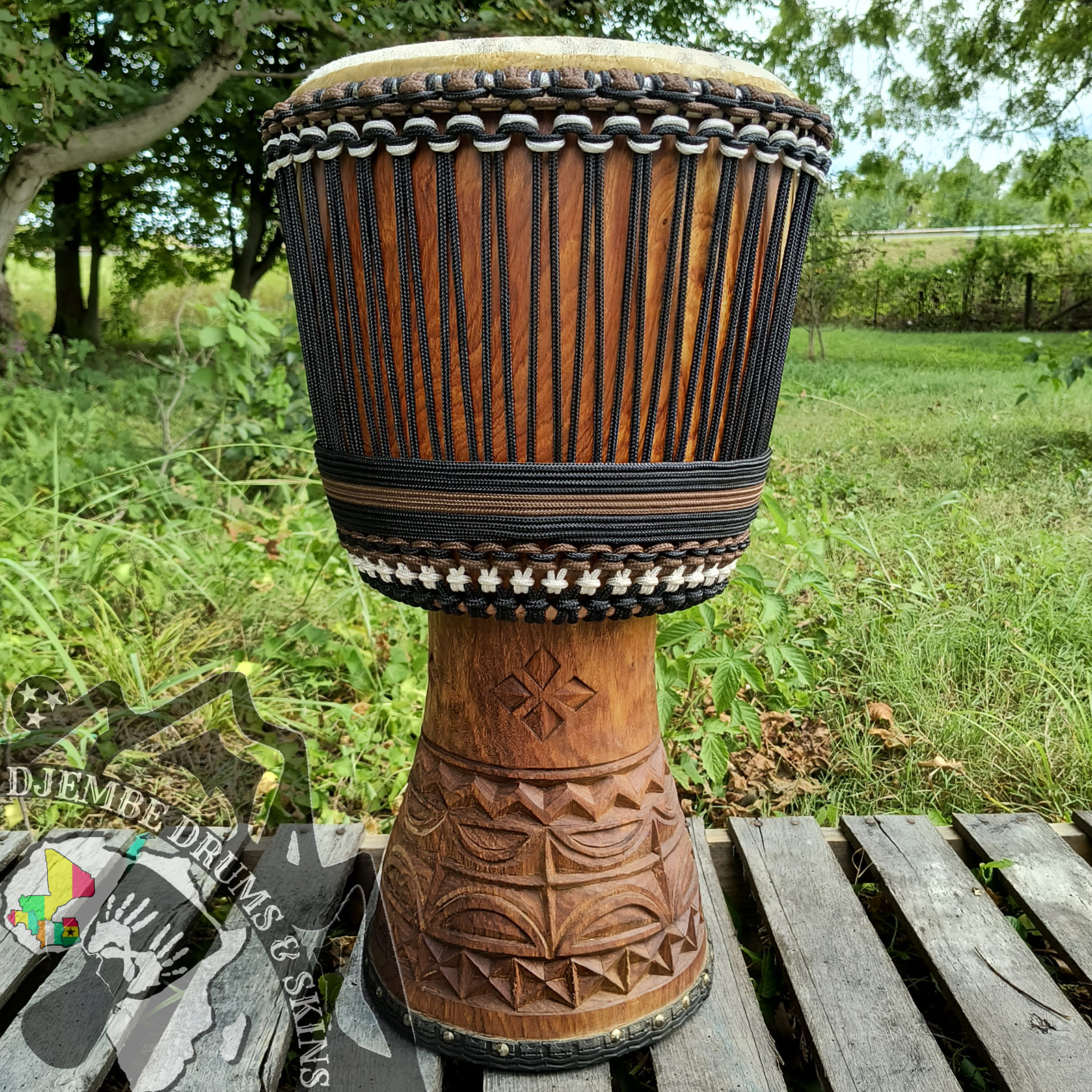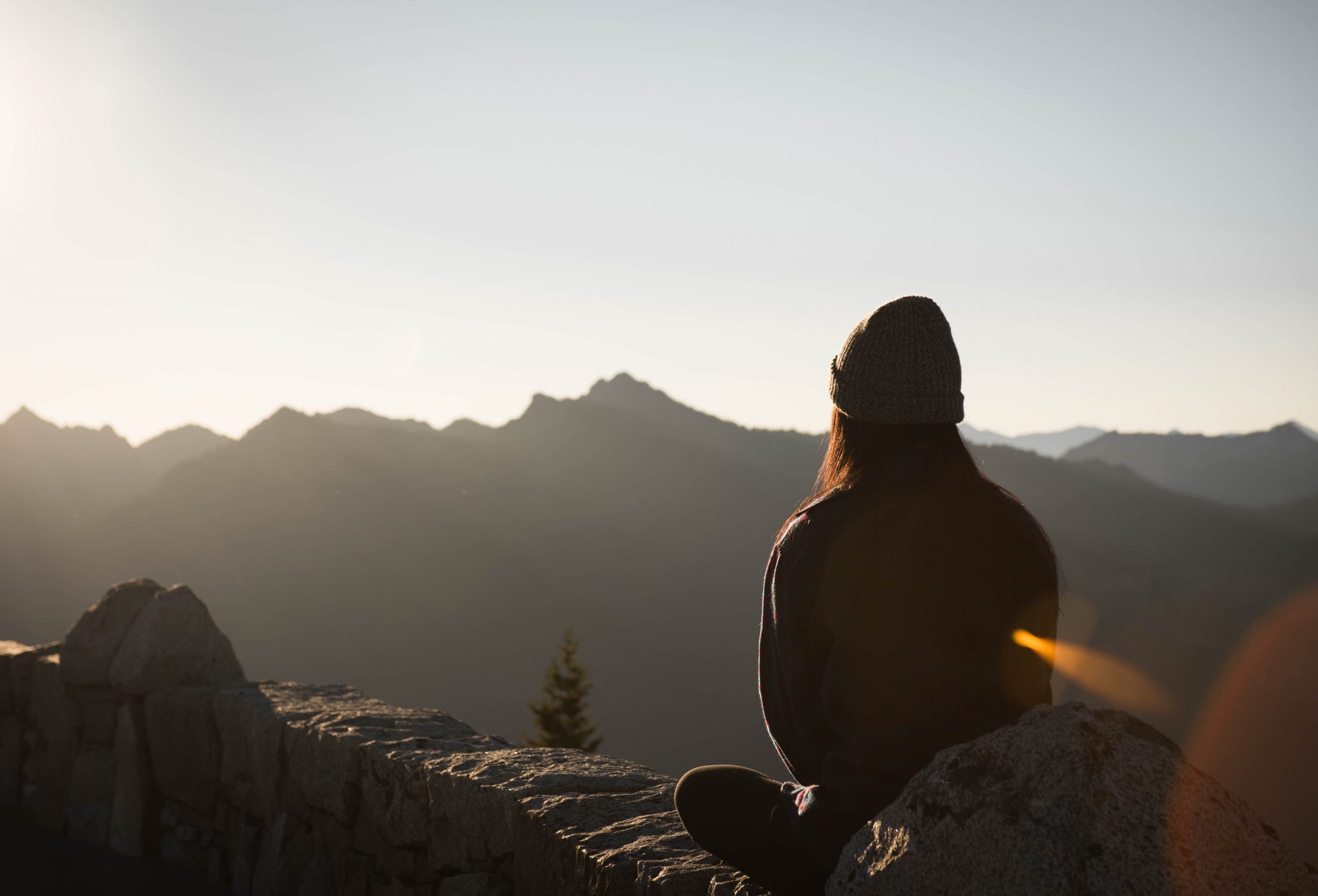The Profound Relationship Between Music and the Performer
At the core of any musical journey lies the essential relationship between a musician and their instrument. This connection isn’t dictated by the opinions or expectations of others, but rather by a personal understanding and expression of sound. Ultimately, what matters most is not what I or anyone else believes you should be playing or how you should be feeling about it. Instead, the perceptions, judgments, and expectations harbored by others often reflect their own experiences and challenges rather than yours.
In a world inundated with external validation, this lesson can be particularly difficult to internalize. I, too, have grappled with this truth throughout my own musical evolution. Embracing your individuality is key and recognizing the beauty in your unique voice can lead to profound growth—not just as a musician, but as a person.
The Healing Power of Rhythm
Among the myriad of instruments, the djembe and conga drum stand out, not just for the music they create, but for the healing properties they embody. These drumming traditions have drawn hundreds of thousands toward their captivating rhythms for a reason: they resonate deeply within the human spirit. The act of playing these drums, listening to their beats, or dancing in synchrony is an age-old practice that spans generations and cultures, steeped in a rich and profound history.
Drumming binds us together in community and allows us to express emotions that often lie unspoken. The rhythmic sounds produced by the djembe or conga go beyond mere entertainment; they reach into the very fibers of our being, prompting healing, joy, and connection. In this time, when global challenges loom large and isolation is a growing concern, the drum can serve as a vital instrument of unity and collective healing.
A Call for Connection Over Ego
In our hectic lives, it is essential to remember the primary purpose of the drum: to bring people together. The rhythms should serve to unite rather than divide, creating spaces where individuals can share their experiences, cultures, and perspectives. It is crucial that we resist the urge to let our egos dictate our musical journeys. Instead, we must approach the drum—and each other—with humility and gratitude.
Over the past 40 years of my life immersed in percussion, I have encountered a diverse array of individuals drawn to the drum for various reasons. For some, it is a means of learning; for others, it is a source of healing. Many seek social connections, a spiritual outlet, or a way to celebrate their cultural heritage. Each path to the drum is valid and deserving of respect.
Embracing Diversity in the Drumming Community
Our differences should be celebrated, not seen as obstacles. When we gather around the drum—whether in formal settings, casual jam sessions, or communal circles—we create opportunities for mutual respect and understanding. By welcoming each person’s journey and contribution, we forge a collective experience that enhances our individual practice.
Let us express our gratitude to those who paved the way, honoring the cultural lineage that brought these instruments to our worlds. It is crucial to acknowledge the rich tapestry of African culture from which the djembe and conga drums originate, paying homage to the wisdom and artistry of those who have come before us. Their sacrifices, teachings, and passion allow us to connect with rhythms that have transcended time and geography.
Acknowledgment and Gratitude
Reflecting on my path, I want to express my heartfelt appreciation to the multitude of teachers, friends, and mentors who have influenced my journey. Each encounter, lesson, and shared beat has contributed to my growth, and their support continues to guide me forward.
In conclusion, let’s come to the drum with open hearts, ready to learn from one another and explore the richness of our musical landscape. Through collaboration, respect, and a shared dedication to the healing power of rhythm, we can create a more harmonious world—one beat at a time.


